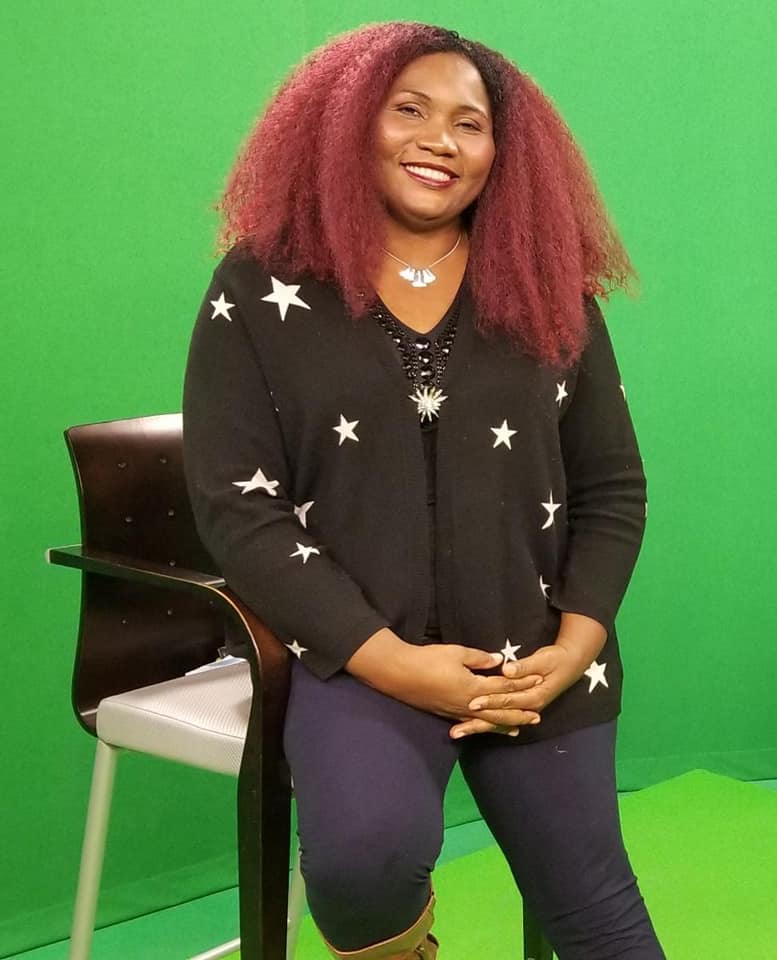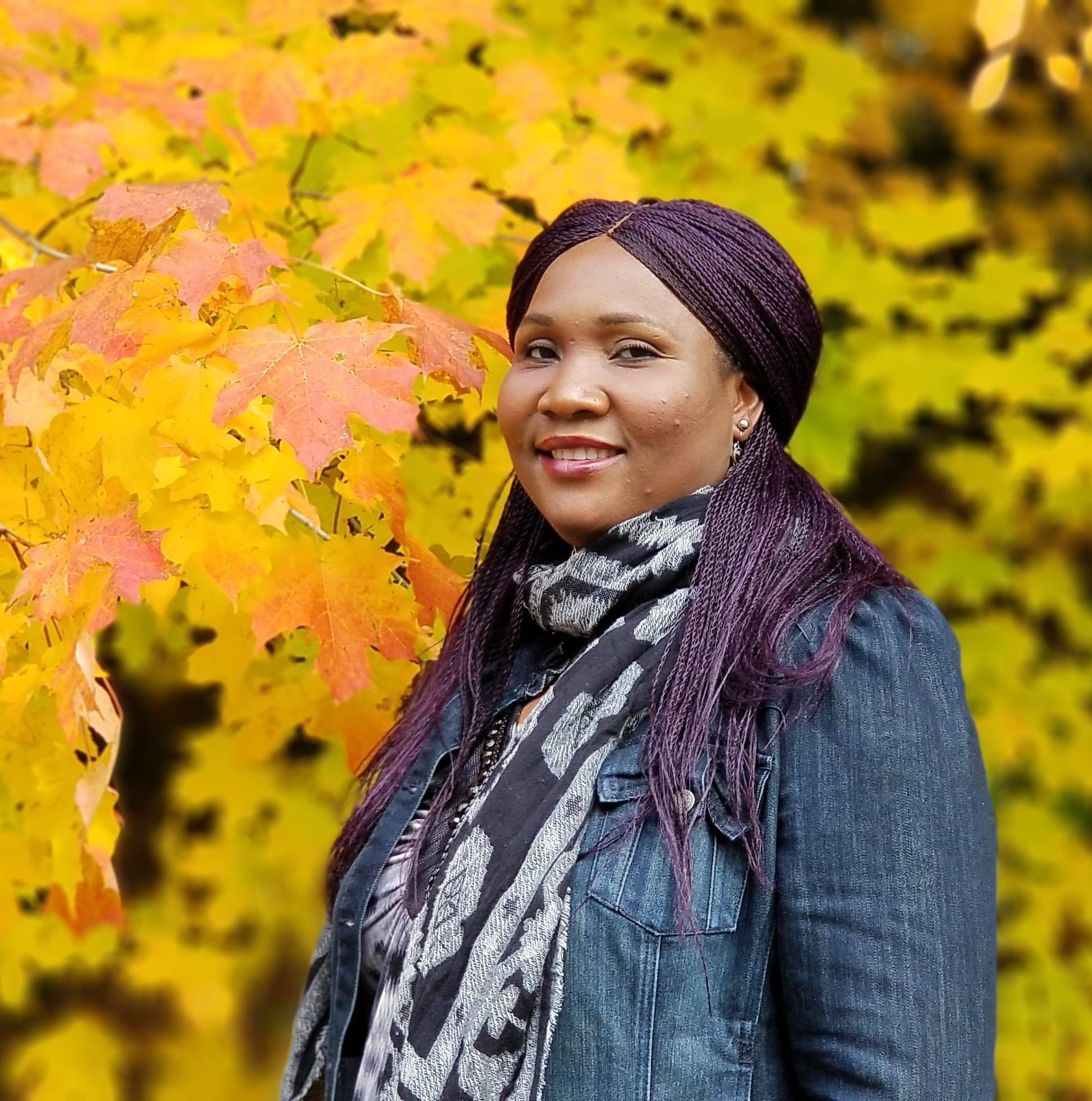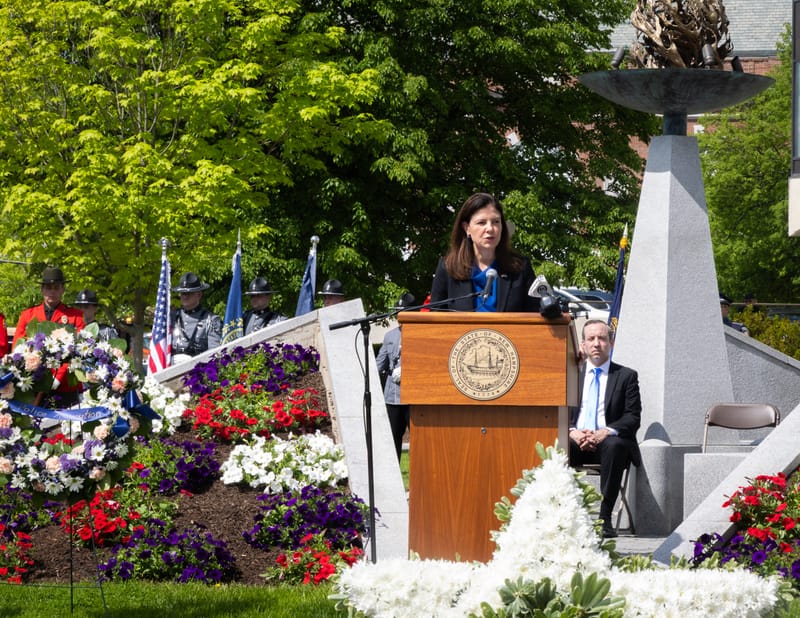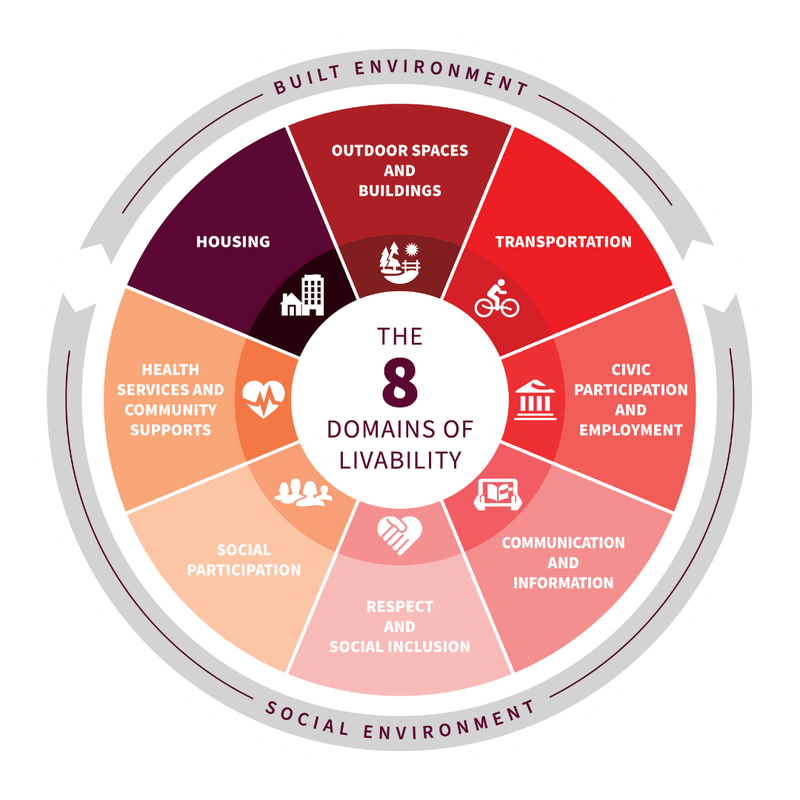Kile Adumene reflects on Pathways for Healing, her own journey, and the need for inclusive recovery services
Kile Adumene’s extraordinary life experience operated as a bridge to her current role as head counselor of Pathways For Healing, a substance abuse pilot program ending on December 30, 2020, that utilizes community outreach workers as liaisons, specifically speaking to clients from multiple ethniciti

 “No life exists alone, we are here for each other.” – Kile Adumene
“No life exists alone, we are here for each other.” – Kile Adumene
Kile Adumene’s hearty laughter is a glowing testament to her unrelenting will. Forging ahead, when the ground beneath her feet was uncertain, Adumene began her American journey as a pregnant, homeless, refugee of Nigeria, who drastically transformed her life through serendipitous encounters, focused effort, and rebellious fortitude.
“When I tell people don’t give up… I mean it! I was so vulnerable to all levels of violence, and abuse in my particular situation. I was helpless, high risk for everything you can think of. I decided if I was going to survive, I would have to change my environment.”
Of course, her real saga is all that happened in between. The seemingly impenetrable struggle that brought her to the brink of desperation, her uncompromising battle to remain with her newborn son, and her invincible spirit earning her bachelor’s degree in Biology and a master’s in education.
Adumene’s extraordinary life experience operated as a bridge to her current role as head counselor of Pathways For Healing, a substance abuse pilot program ending on December 30, 2020, that utilizes community outreach workers as liaisons, specifically speaking to clients from multiple ethnicities in their native tongue. I recently had the pleasure of interviewing Adumene about her active involvement with the SUD (substance use disorder) community.

CC: What made you decide to get involved with substance abuse recovery in particular?
KA: In my journey, I worked at the Farnum Center here in Manchester as a medical detox nurse. I had community members who I have seen struggle with addiction, with alcohol or substance use. A lot of their stories…it’s like something happened and they turned to substances to self-medicate or repair, and I can identify with their pain because some of their pain, I have been through myself. There is still a choice even when you think you don’t have a choice. I like to share with people that, yes – you can self-medicate but it doesn’t take the pain away in reality. I’d like to offer support. Is there any way I can encourage people to take another path?
When I was approached to work on this outreach project, I don’t think the individual that invited me to do this project actually understood. I think I was approached because of my long-standing relationship with the community members. But, then I was forced to reflect on my own journey. I asked myself, how am I connected to this? It was an opportunity for me to take myself through the journey of the people I was working with because I am always reminded that when I was homeless, and I was on the street, I knew I wasn’t crazy. But, because I was a black woman, I was put in a box of black women who get pregnant and they are on the street. Nobody knew my identity, nobody knew how I got there, nobody cared to ask, “how did you find yourself here?” Because of that, I am always reminded when I see people in situations, before I generalize, I like to know, how did you get here, and how can you get out? I want to help people identify that path. How you got there is a path you have to identify, and how you get out, if you want to, is another path I want to help people identify as well.
CC: What is Pathways main goal?
KA: This is an outreach effort campaign. We want to have a campaign more catered to ethnic groups to provide the awareness about substance use and validate that we are aware that every one of us can be subjected to these kinds of experiences. There is a way out. There is help. The state of NH has put so much money into the opioid crisis. There are a lot of providers out there, a lot of folks of color are not utilizing those resources.
Also, to make people aware once you get involved in this system, what is involved with it. There are a whole lot of resources out there to help with what you can do during this isolated time so that you don’t end up on this path. But, if you are already there, there are programs and resources we want folks to be aware of and utilize, to get off the cliff and get a different kind of life. We understand once you get addicted to something, it might be a lifelong journey. Some people recover quickly, some people have different mechanisms, who have to now be on another substance. Understanding the whole landscape of substance use disorder, helping this particular portion of the population to be aware, we want to be able to walk people through.
For example, this past week one person reached out who needed help, but it’s more complicated than just calling 211. We decided to experience this along with this person. This person has no support system, so now that demands that we become the support system. We called 211 together and it has been an educational journey for me too… how long it takes for the person to get real help. It’s taken a week now, and the person has not gotten real help and that also opens the door for me to get into these service organizations to explore and figure out where the disconnect is. I can tell people to call this number…go here…go there, but they are coming back with nothing. So the project is two-fold: We encourage people to go use the resources; but, it is also a way to get feedback about the barriers and hindrances. It’s been a week and within that week this person could have overdosed or could have gone through the first phase of treatment, so now we know there is a whole lot that has to happen from the first 211 call to the actual recovery.
CC: How was your team structured
KA: I am the lead consultant. Because we are targeting multiple ethnic groups we have to pay members of those communities to do the work within the community. The community members already have trust. They can penetrate better than I will, so I recruited them. I hired five of them to do the work by outreaching to community members, speaking their individual language
CC: Ideally what do you want to see happen with this campaign program?
KA: There are a lot of hand-offs, and we have to minimize that in this process. If this person has a broken arm, and shows up in our Doorway, you are not going to have someone whose bone is sticking out and say, okay what do you want? We see that your bone is sticking out so we will call you back tomorrow so we can do more assessments. We always fix the bone and I know that when it comes to the stigma of substances, I think the system has to also be mindful of how they are manifesting the stigma upon the individual. Oh…you did this to yourself so you go at our own time. The bias is even manifesting through the treatment approach. They need to get them into the right mindframe where you can actually finish an assessment and then get them into the phase of treatment. Just a whole lot of disconnect, and we have to pay attention to it so that we are not just recycling lives. We are putting money into this treatment but, we are losing some members of our community to death, to homelessness, to prison. Eventually, they will get into legal trouble and go to prison where they could’ve gone to recovery and been productive citizens.
CC: How often have you seen relapses after detox and is there a means to lessen that?
KA: A whole lot depending on what they are detoxing from. But what I have seen, people who have support systems tend to have more encouragement to continue to seek recovery because they have a place and their environment promotes a sense of hope. The difference is, some of the ethnic communities have a cultural understanding about SUD so an individual who finds themselves using substances, might feel alone, might not have some of the support that is needed, so we have to continue education to understand what those barriers are and to understand the dynamic of this disorder and also, try to encourage the family to be a part.
Family members need to support each other in this journey. It would be best if we could have a system in place to encourage one another not to be in the SUD system, but at the same time, those that are already there, there is hope to recover. They can get their life back. With some people, it is too much for the family to handle because when someone gets there, they kind of have no hope that the person can come out. The way the system is, it can create that perception because the lack of knowledge of how the system works, the lack of knowledge about how the person can recover, puts the family into despair. A lot of education will be needed to help community members understand, we don’t just write people off until they die.

CC: Generally speaking, treating addiction is a bandage to a deeper issue…
KA: I do agree with you. People go through detox then there is an opportunity for them to go through the 28 days process where they send them to a community with other people in recovery with counseling sessions in addition to that, there is a Sober Living program. But the problem with that seems to be Sober Living is for people who can afford that, but everyone seeking recovery should have access to that. Where they can continue in that support system. Where they have a system that can continue to motivate them until they can feel they are ready to go back again. Where they have some strength and resilience.
CC: What do you feel is the most effective advice that can create measurable change for people of color involved with SUD and the system that supports treatment?
KA: Streamlining. I don’t have the power to address this individual organization. They hire people to reinforce the system. There are people in the system who want to do more. Listen to the people that are working there that really want to help. I’m always appealing to the goodness of the heart and for them to be receptive, to look at what is not working and change it. Any organization that is providing assistance, if they want, can reach out to me. Use people that are part of the community.
With my team, definitely continue to pay community members as liaisons to help walk them through this recovery, someone people (in the community) trust. Preventative measures to support initiatives that help families. For young people of color, equip them with information and a system in place that can prevent them from getting to the point that they have to go through the entire system. That would be my goal, my hope. Make a system that will be in place to see that every member of the community can start the journey and end it successfully. That might mean someone in their community that speaks their language, that looks like them. I think our system needs to be restructured in a way that can embrace that.
Although the continuation of Pathways pilot program is currently uncertain, what is clear is the vital need for culturally-centered substance abuse services. With Adumene’s expertise and fortitude at the helm, along with community liaisons, a populace that tends to cloak themselves in silence, can emerge, receiving the education and attention required, revealing the way to a new path.


Constance Cherise is a freelance writer and contributor for Turner Classic Movies. See her work here.





